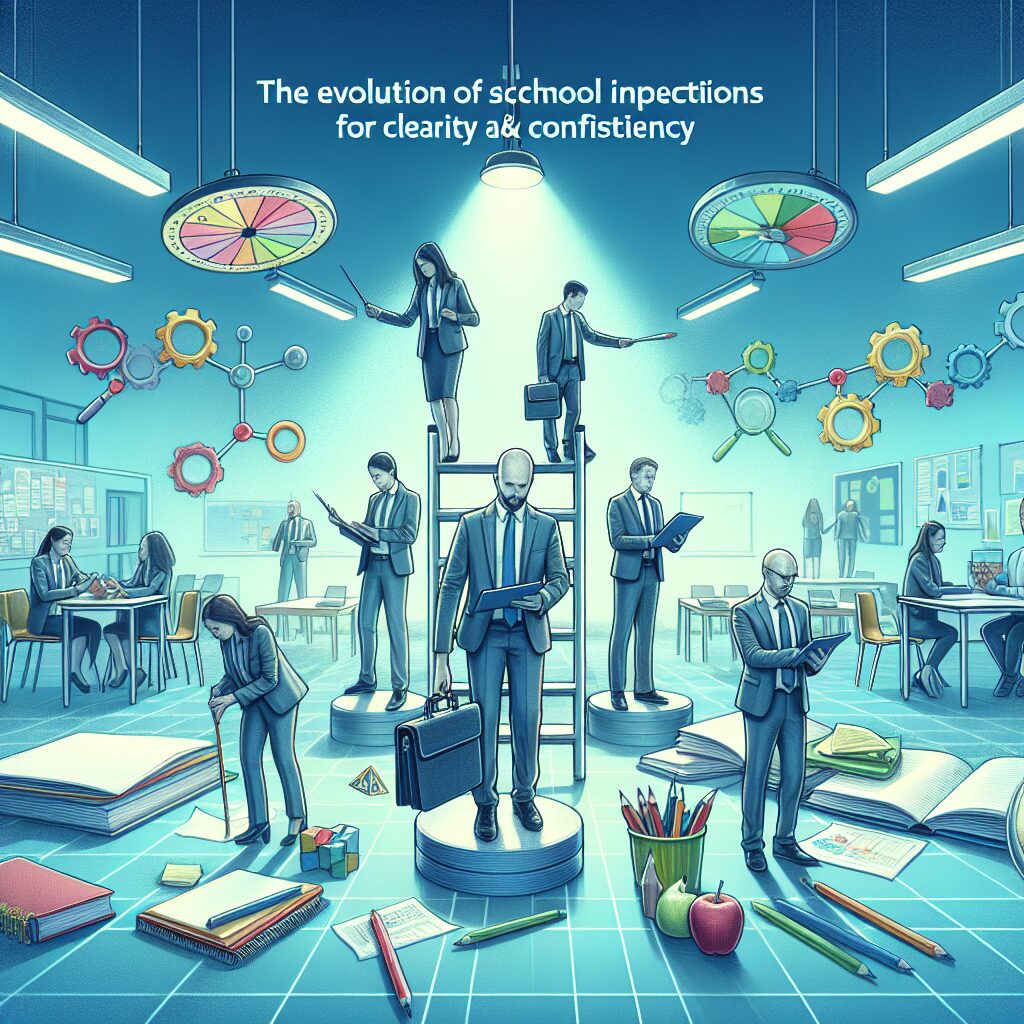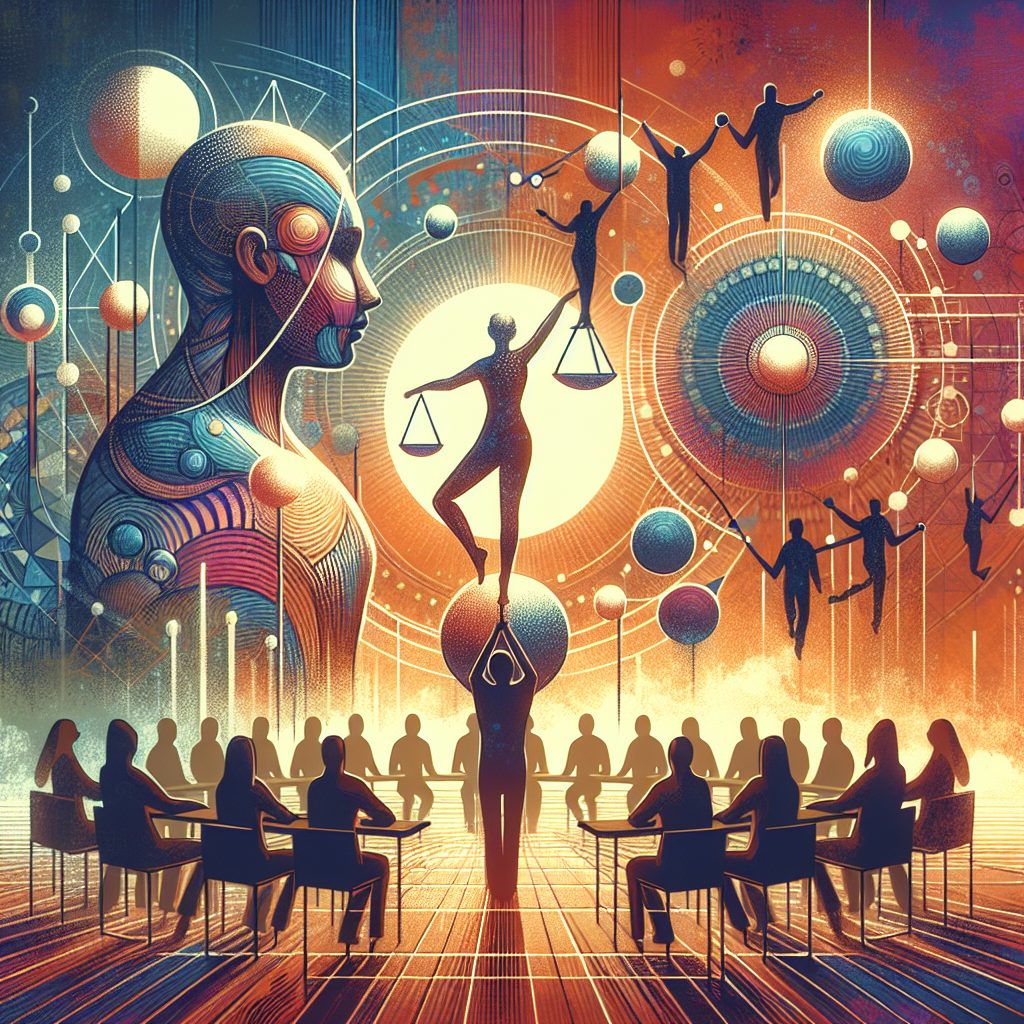
Driving Change in Further Education: Are We Ready?

Are We Truly Equipped to Drive Change in Further Education?
Let’s face it: there’s a certain feeling in the air when we talk about driving change in Further Education. It’s a mix of excitement mixed with a pinch of anxiety, isn’t it? Are we really ready to make a difference, or are we merely skimming the surface? That’s a question worth pondering over a cuppa.
Recently, a working group from City Skills brought our attention to a guide released by Ofsted, which aims to support nominees in Further Education and Skills. Now, this isn’t just some dust-collecting document; it’s an essential tool that can help all of us enhance our impact within the sector. But are we truly making the most of the tools available to us?
Why This Guide Matters
The Ofsted guide outlines three essential elements that every nominee ought to grasp. For anyone involved in Further Education, it’s critical to understand these points if we want to foster real change.
- Clear Expectations: The guide clarifies what makes a great nominee. This is vital because, without knowing what is expected, how can we drive effective change?
- Navigating Inspections: The advice on how to approach inspections is nothing short of gold. Many dread inspections, feeling they’re under a microscope. This new perspective can alleviate some of that stress.
- Continuous Improvement: Finally, the guide encourages strategies for fostering an environment of continuous learning and improvement. This isn’t just about ticking boxes; it’s about nurturing a culture where everyone feels empowered to grow.
Perhaps my experience in the sector has given me a slight bias, but seeing such clear guidelines feels like holding a compass in a fog. It guides us toward maintaining high standards while improving our practices. For me, this guide isn’t just a series of pages; it feels like a lifeline.
Staying Informed is Key
Now, let’s address the elephant in the room. Even with all the tools at our disposal, are we truly engaged? Are we discussing these resources in our teams, making use of them, and sharing insights? It’s easy to become enamoured with the “next big thing” without fully realising the potential of what we already have. If we want to lead effectively, staying informed must be our priority.
We’re often quick to look outward for inspiration; scrolling through social media feeds hoping for that lightning bolt of genius; yet, sometimes the brilliance lies in our own backyard. Engaging with these resources isn’t just beneficial, it’s essential.
Fostering an Open Dialogue
Another point worth mentioning is how vital it is to create an environment where feedback is welcomed. As I always say, a leader is only as good as their team. Engaging in open dialogue allows us to fully understand what our students and colleagues need. Are we actively seeking their opinions?
One personal story stands out. A few years ago, during a particularly stressful inspection period, we implemented regular feedback sessions. It transformed our approach and, ultimately, our outcomes. Not only did it help optimise our processes but it also strengthened our team spirit. Believe me when I say this: feedback isn’t just beneficial; it’s a game changer.
Final Thoughts
As we reflect on the state of Further Education, the question remains: are we truly equipped to drive change? With resources like the Ofsted guide and a commitment to continuous learning, we hold the potential in our hands. It’s now up to us to take action.
So, my friend, how are you going to use the tools at your disposal to drive change in your educational environment? Let’s make the most of this opportunity—to inspire, to lead, and most importantly, to grow together.
Let’s chat about your thoughts in the comments below. How do you remain engaged in your field? What resources have you found most helpful?




